 onlinediplomasales@outlook.com
onlinediplomasales@outlook.com
 WhatsApp: +86 15079964823
WhatsApp: +86 15079964823
Sell fake Vrije Universiteit Brussel diploma online.
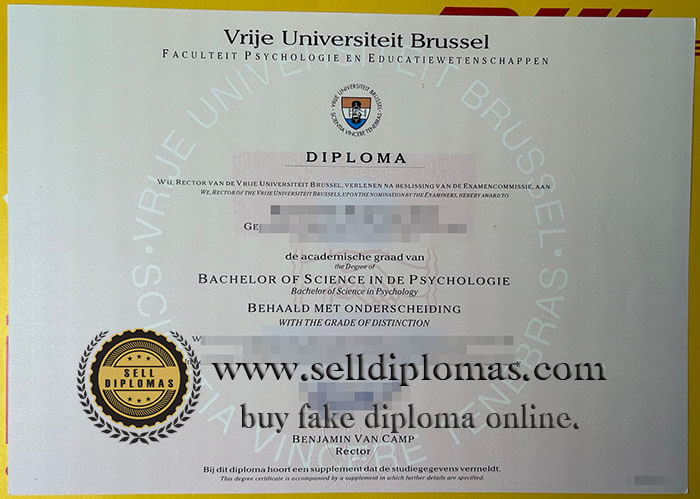
Buy fake Vrije Universiteit Brussel diploma, buy fake Vrije Universiteit Brussel degree, buy fake Vrije Universiteit Brussel certificate, order fake Vrije Universiteit Brussel diploma, order fake Vrije Universiteit Brussel degree, sell fake diploma, sell fake degree, sell fake degree certificate.
The Vrije Universiteit Brussel (Dutch: [ˈvrɛiə ʔynivɛrsiˈtɛid ˈbrʏsəl] ⓘ; English: Free University of Brussels; abbreviated VUB) is a Dutch and English-speaking research university located in Brussels, Belgium. It has four campuses: Brussels Humanities, Science and Engineering Campus (in Elsene), Brussels Health Campus (in Jette), Brussels Technology Campus (in Anderlecht) and Brussels Photonics Campus (in Gooik).
The Vrije Universiteit Brussel was formed in 1970 by the splitting of the Free University of Brussels, which was founded in 1834 by the lawyer and liberal politician Pierre-Théodore Verhaegen. The founder aimed to establish a university independent from state and church, where academic freedom would be prevalent. This is today still reflected in the university’s motto Scientia vincere tenebras, or “Conquering darkness by science”, and in its more recent slogan Redelijk eigenzinnig, or “A reasonable mind of its own”. Accordingly, the university is pluralistic – it is open to all students on the basis of equality regardless of their ideological, political, cultural or social background – and it is managed using democratic structures, which means that all members – from students to faculty – participate in the decision-making processes.
VUB is a strongly research-oriented institute, which is positioned among the world’s Top 200 universities according to the 2021 QS World University Ranking. Its research articles are on average more cited than articles by any other Flemish university. The university is organised into 8 faculties that accomplish the three central missions of the university: education, research, and service to the community. The faculties cover a broad range of fields of knowledge including the natural sciences, classics, life sciences, social sciences, humanities, and engineering. The university provides bachelor, master, and doctoral education to about 8,000 undergraduate and 1,000 graduate students.
The Vrije Universiteit Brussel offers courses in a large variety of modern disciplines: law, economics, social sciences, management, psychology, physical sciences, life sciences, medical sciences, pharmaceutical sciences, humanities, engineering, physical education. About 12,000 students follow one of its 128 educational programmes. All programmes are taught in Dutch, but 59 are also taught in English. In agreement with the Bologna process, the university has implemented the so-called bachelor-master system. It therefore issues four types of degrees: bachelor’s, master’s, master after master’s, and doctoral degrees.
Admission to the programmes is generally not restricted; anyone can subscribe to the programme of his/her choice. However, prerequisite degrees may be mandatory for advanced programmes, e.g., a bachelor’s degree is required to subscribe to a master’s programme, and a master’s degree is required to subscribe to a master after master’s or doctoral programme. An exception to this is the admission exam to the bachelor in medicine, which is required following ruling of the Flemish government. Tuition fees are low, and even decreased or eliminated for some students with less financial means.
The academic year is divided into two semesters, each spanning thirteen course weeks: the first semester lasts from October to January, the second semester from February to June. Students take exams in January and June. Apart from the Christmas and Easter holidays (both lasting two weeks) that are normally used to prepare for the exams, students are free the week between both semesters and during the summer vacations from July to September.
The university has implemented several quality control schemes in order to preserve the high quality of its educational programmes. Each semester, all students evaluate the courses they have followed. All programmes are also regularly assessed by internal panels and by external international visitation committees. Furthermore, all programmes are accredited by the Nederlands-Vlaamse Accreditatie Organisatie, an independent accreditation organisation charged with the accreditation of higher education programmes in both Flanders and the Netherlands.



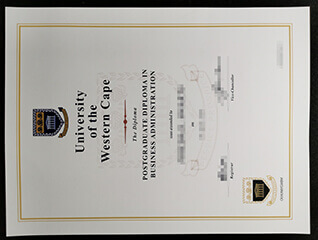
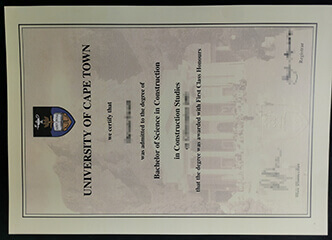
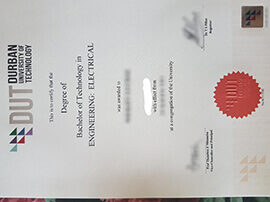
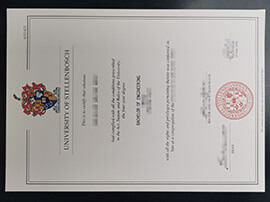
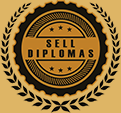
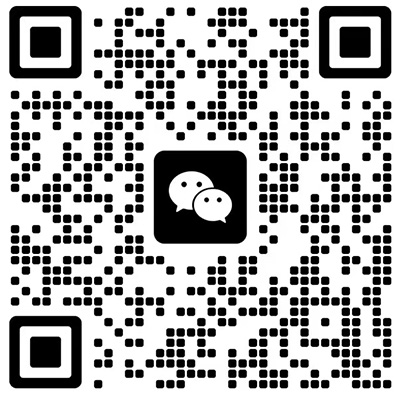 WeChat Code
WeChat Code 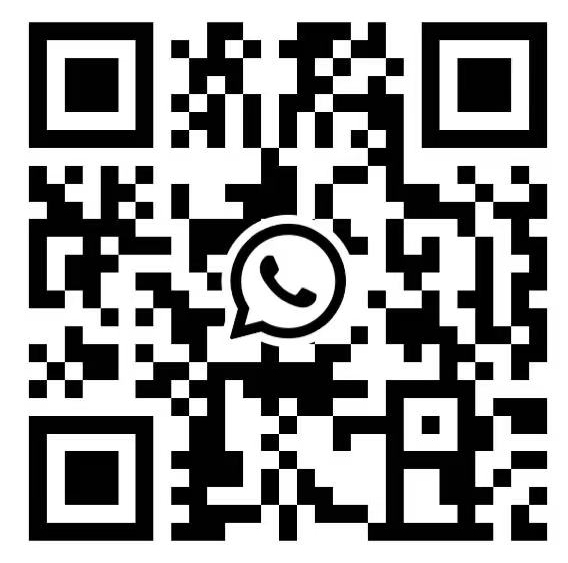 WhatsApp Code
WhatsApp Code